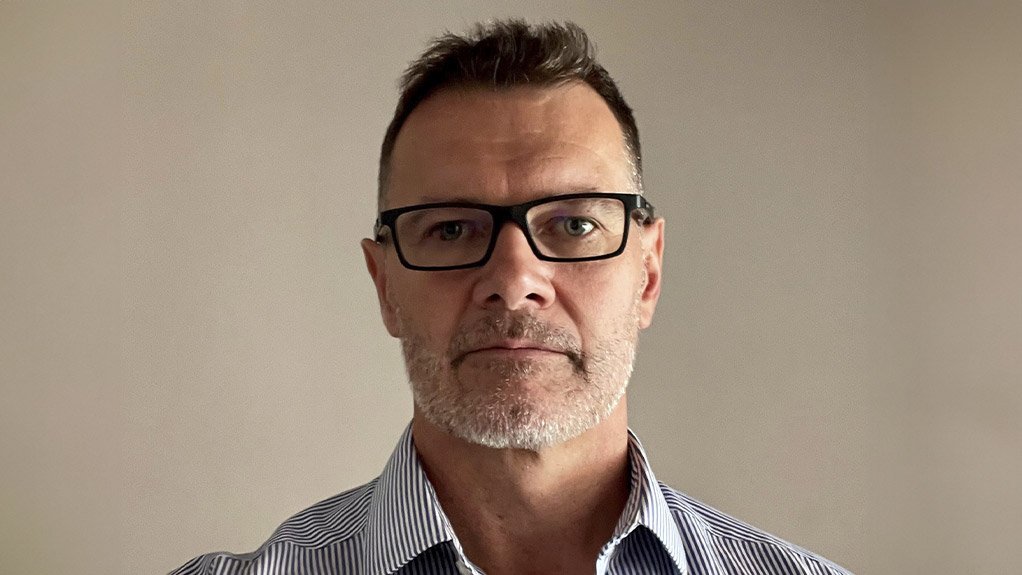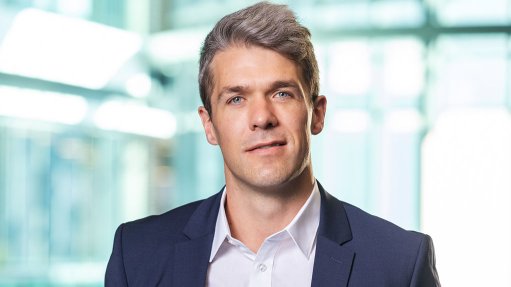Africa is reaching important milestones on its road to data centre greatness
This article has been supplied.
By Ben Selier, Vice President, Secure Power, Anglophone Africa at Schneider Electric
It shouldn’t come as a surprise that Africa’s data centre market is attracting significant interest from foreign direct investment (FDI) and subsequent institutional investors. For one, the continent plays an important role in data centre developers’ efforts to meet their ESG (environmental, social, and governance) goals.
Over the last 24 months, the continent has enjoyed multiple transactions which is undoubtedly indicative of this burgeoning marketplace.
Fist and foremost is the $3.5 billion acquisition of Teraco by Digital Realty which followed the purchase of iColo, a leading Kenyan-based platform with facilities in Nairobi and Mombasa and which also serves Africa’s central subsea cable access point.
Another noteworthy transaction is Equinix entering the Africa market by acquiring MainOne data centres for $320 million and now has a presence in Ghana, Côte d’Ivoire, and Nigeria, while NTT and Vantage Data Centres committed more than $500 million to new data centres in Johannesburg and its environs. Chinese cloud operators like China Mobile and Alibaba are also operational in the country,
Furthermore, Africa Data Centres, Raxio, PAIX, and other pan-African players continue to enter new market expanding to the Democratic Republic of Congo (DRC), Congo, Ghana, and Côte d’Ivoire.
Similarly, WINGU continues to make great strides through the Horn of Africa in countries such as Somaliland. It’s a market that is often regarded as challenging. Here, these operators typically lead with about 25MW developments, allowing them to illustrate proof of concept (PoC) in anticipation of further foreign investment.
Expansion abounds
Considering the above, the expansion of data centres in Africa is undoubtedly moving beyond the traditional stomping ground of South Africa which has in the last few years dominated the industry due to its abundance of sub-sea cable landing stations (connecting Africa to the rest of the world) and mature enterprise and corporate markets.
Now, we’re seeing the emergence of hubs in Nigeria, Egypt, Kenya and Morocco. In Nigeria for example the demand from the financial services sector is underpinning and driving expansion of data centre capacity.
To this end, several local and pan-Africa data centre operators have and continue to announce new projects, such as the National Tier IV Data Centre located in Kano, designed and built to support private businesses and public sector organisations. The Kanu data centre also serves as a first-level backup to the Tier III data centre residing in Abuja.
Kenya and particularly Nairobi, continues to attract significant investor attention, with developments to be announced in the foreseeable future. That said, the Kenyan government and other public sector bodies have yet to confirm whether the country has any intention of migrating its IT infrastructure onto the public cloud (Google, AWS and Microsoft), which is ultimately the catalyst for data centre growth.
On a positive note, Kenya’s energy posture which is made up of predominately biogas and geothermal energy lends itself to a marketplace that is aligned with data centre developers’ ESG targets.
This also brings us to another important point, FDI is undoubtedly a vital component for economic growth and development in African countries. It brings numerous benefits, such as capital inflow, technology transfer, and job creation, however, this should also be managed accordingly.
It is therefore important that African governments continue to strike a balance between attracting FFI and safeguarding their ESG interest. By doing so, they can continue to drive of data centre growth on the continent, making Africa a true and sustainable powerhouse.
Article Enquiry
Email Article
Save Article
Feedback
To advertise email advertising@creamermedia.co.za or click here
Announcements
What's On
Subscribe to improve your user experience...
Option 1 (equivalent of R125 a month):
Receive a weekly copy of Creamer Media's Engineering News & Mining Weekly magazine
(print copy for those in South Africa and e-magazine for those outside of South Africa)
Receive daily email newsletters
Access to full search results
Access archive of magazine back copies
Access to Projects in Progress
Access to ONE Research Report of your choice in PDF format
Option 2 (equivalent of R375 a month):
All benefits from Option 1
PLUS
Access to Creamer Media's Research Channel Africa for ALL Research Reports, in PDF format, on various industrial and mining sectors
including Electricity; Water; Energy Transition; Hydrogen; Roads, Rail and Ports; Coal; Gold; Platinum; Battery Metals; etc.
Already a subscriber?
Forgotten your password?
Receive weekly copy of Creamer Media's Engineering News & Mining Weekly magazine (print copy for those in South Africa and e-magazine for those outside of South Africa)
➕
Recieve daily email newsletters
➕
Access to full search results
➕
Access archive of magazine back copies
➕
Access to Projects in Progress
➕
Access to ONE Research Report of your choice in PDF format
RESEARCH CHANNEL AFRICA
R4500 (equivalent of R375 a month)
SUBSCRIBEAll benefits from Option 1
➕
Access to Creamer Media's Research Channel Africa for ALL Research Reports on various industrial and mining sectors, in PDF format, including on:
Electricity
➕
Water
➕
Energy Transition
➕
Hydrogen
➕
Roads, Rail and Ports
➕
Coal
➕
Gold
➕
Platinum
➕
Battery Metals
➕
etc.
Receive all benefits from Option 1 or Option 2 delivered to numerous people at your company
➕
Multiple User names and Passwords for simultaneous log-ins
➕
Intranet integration access to all in your organisation





















